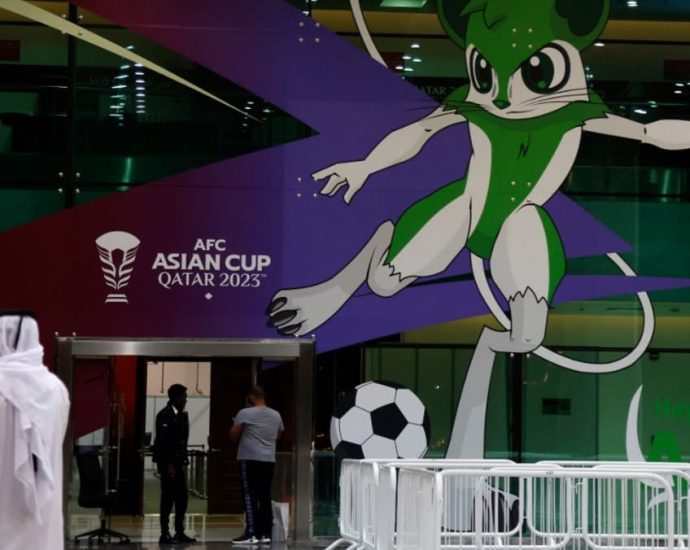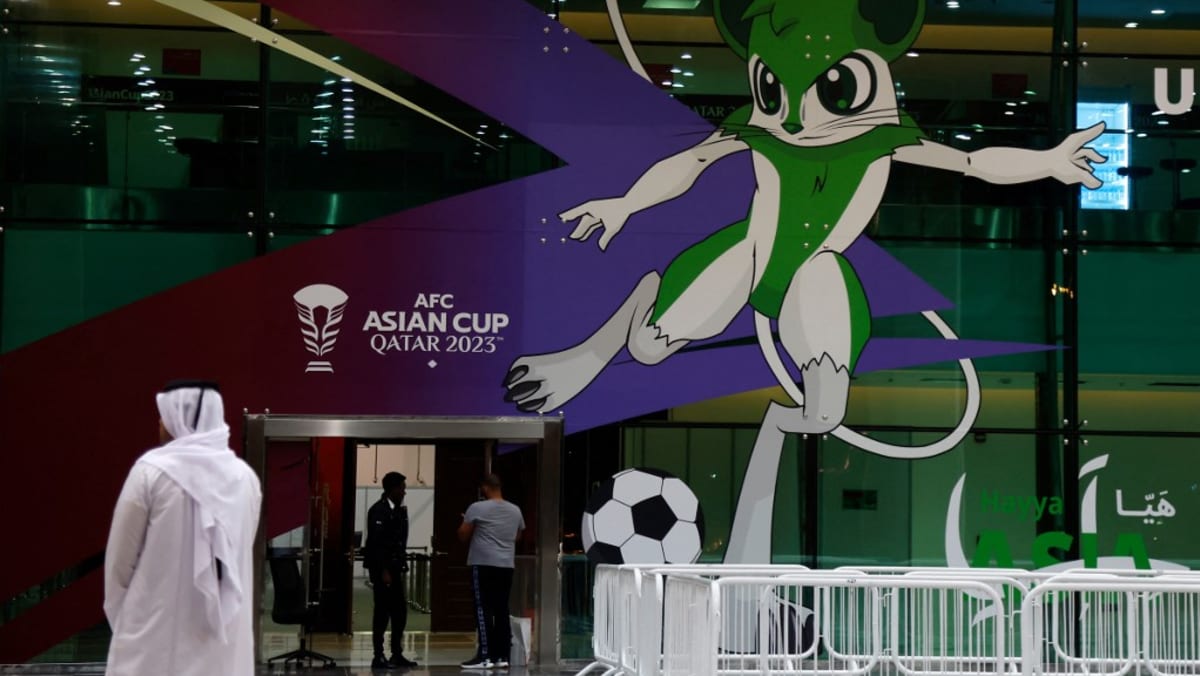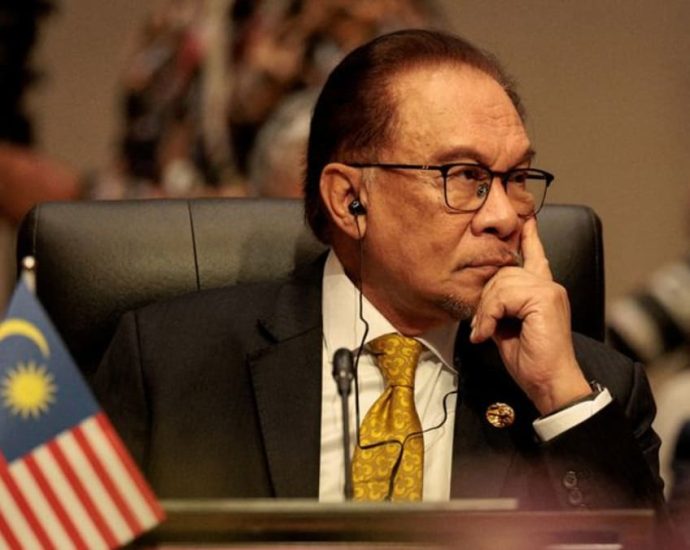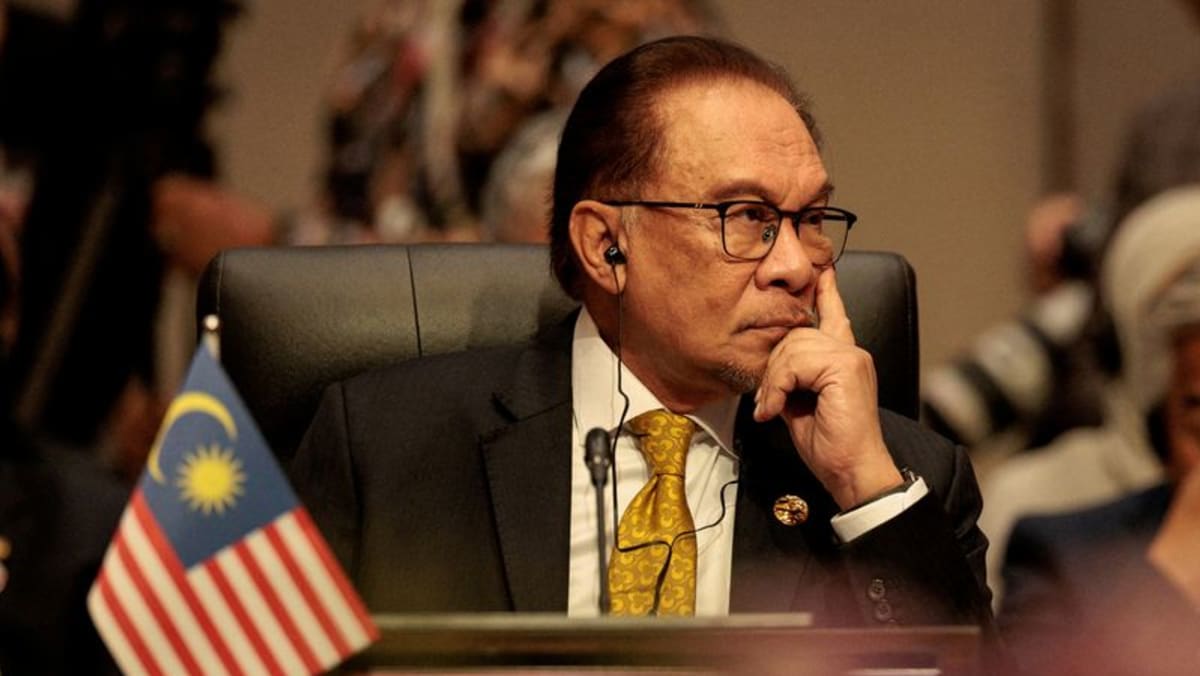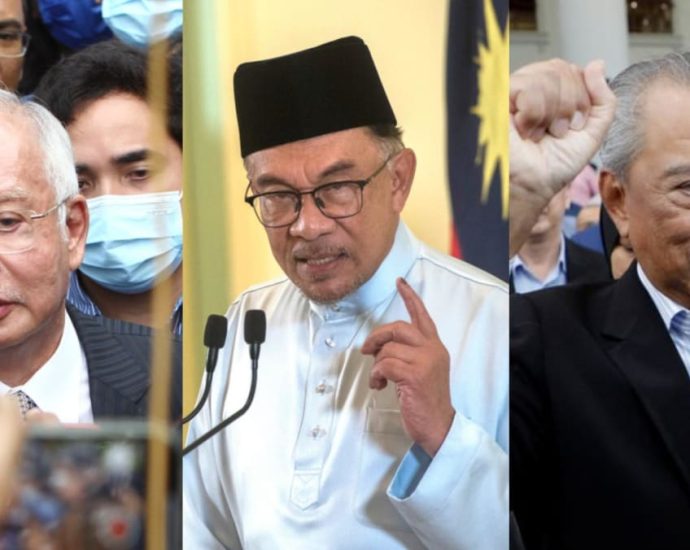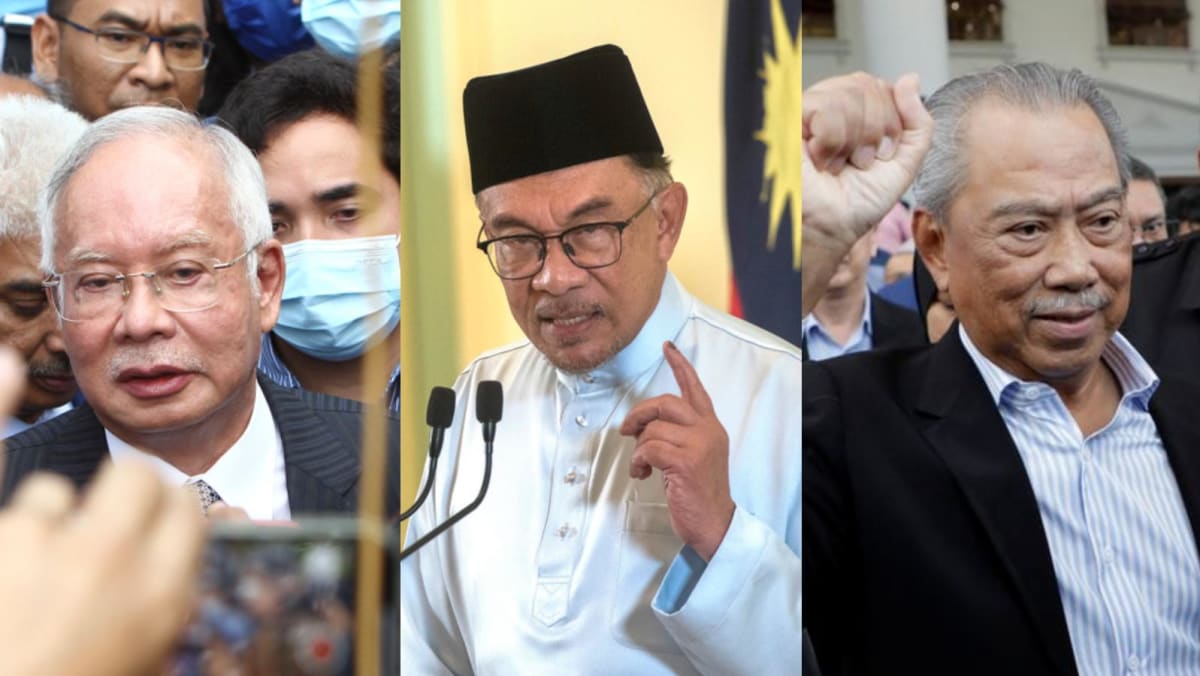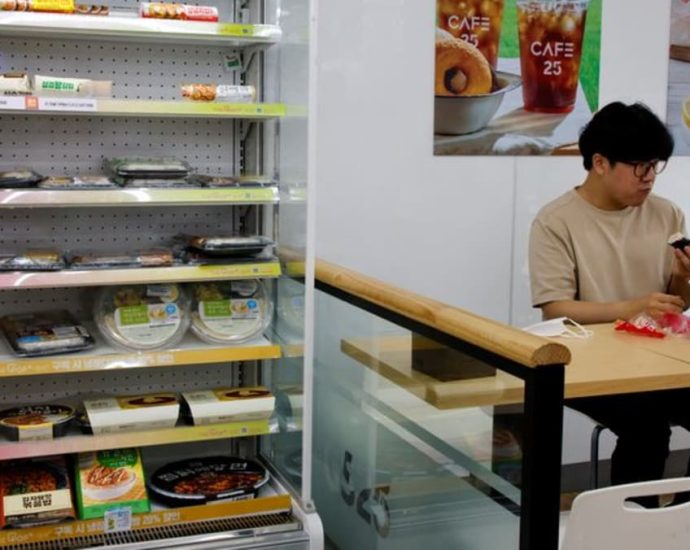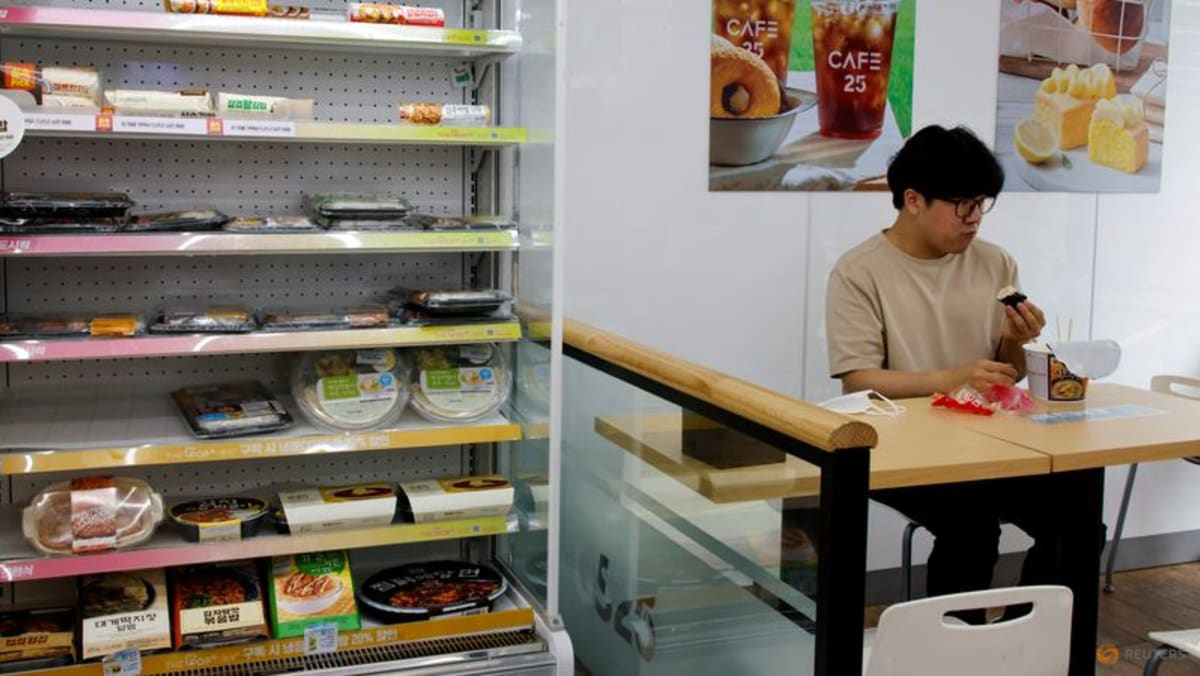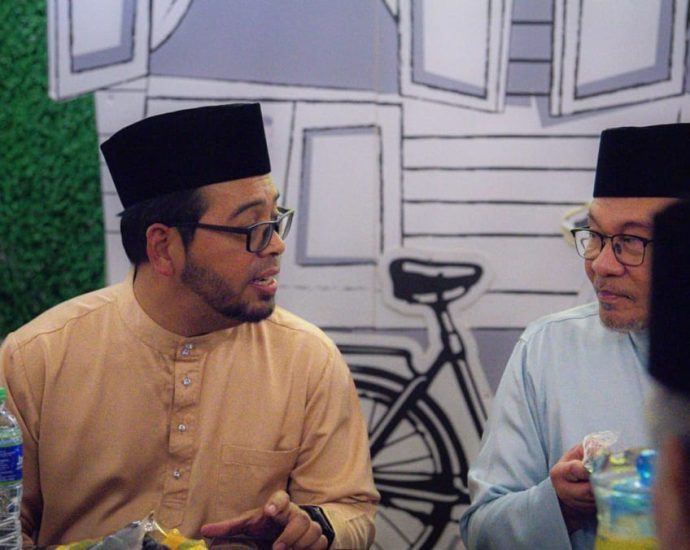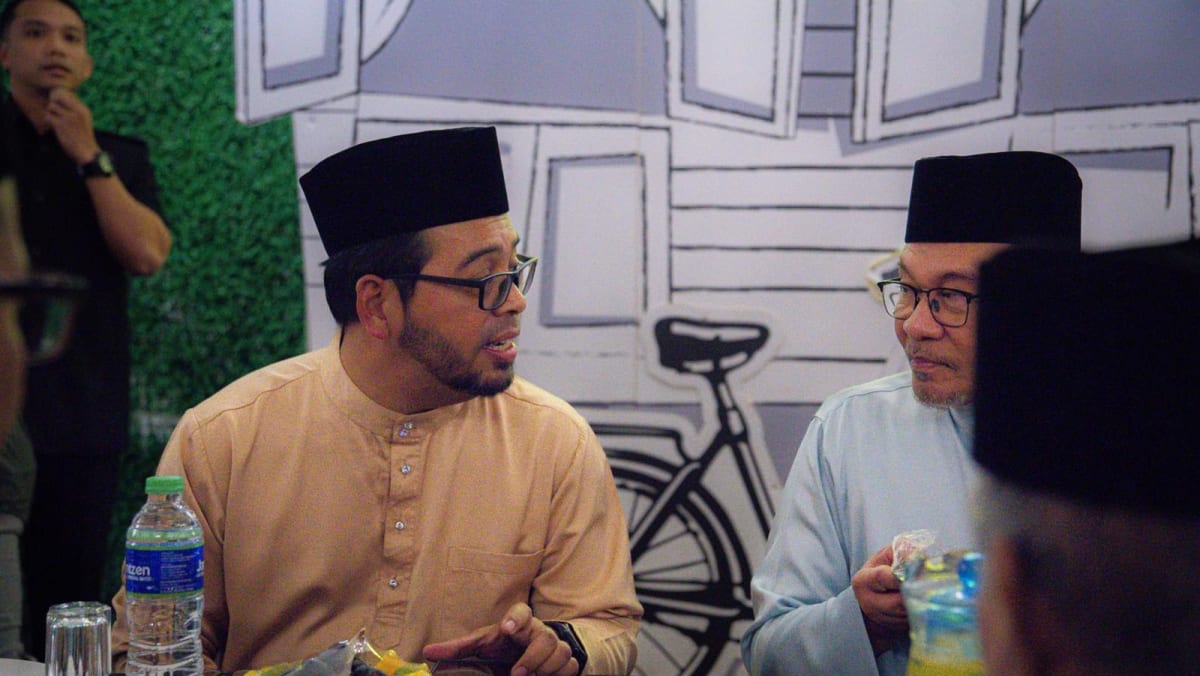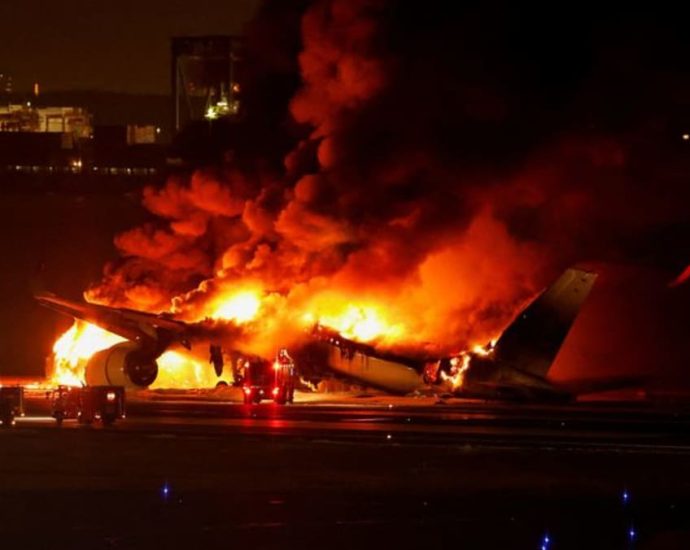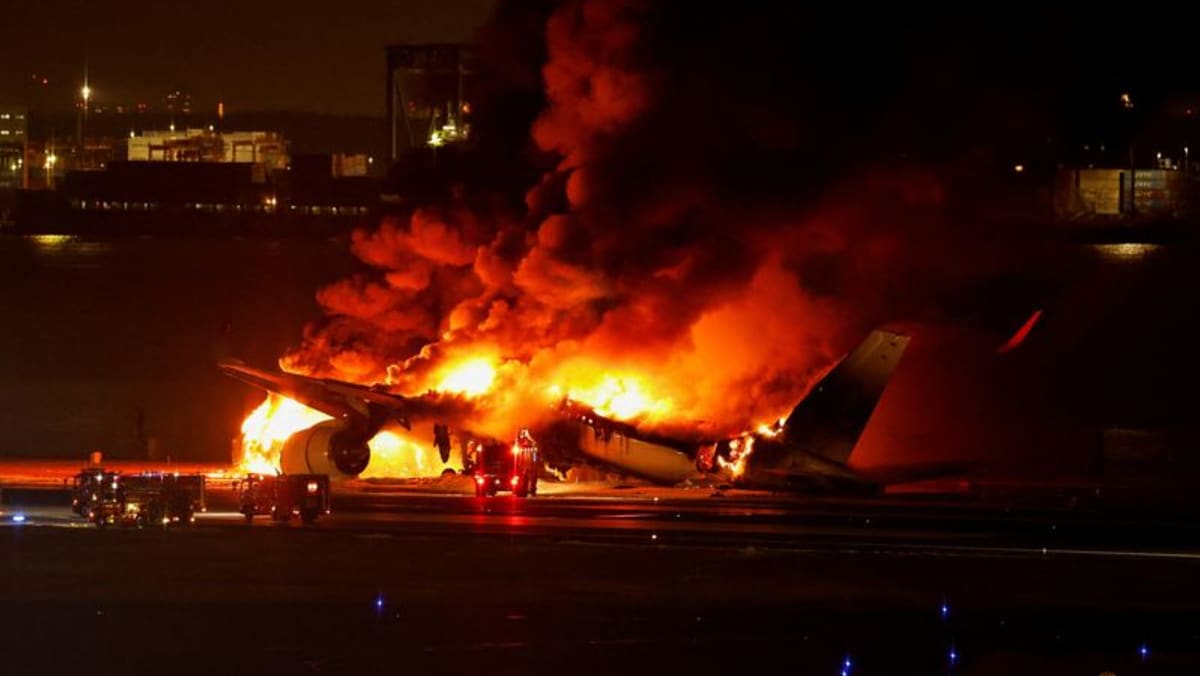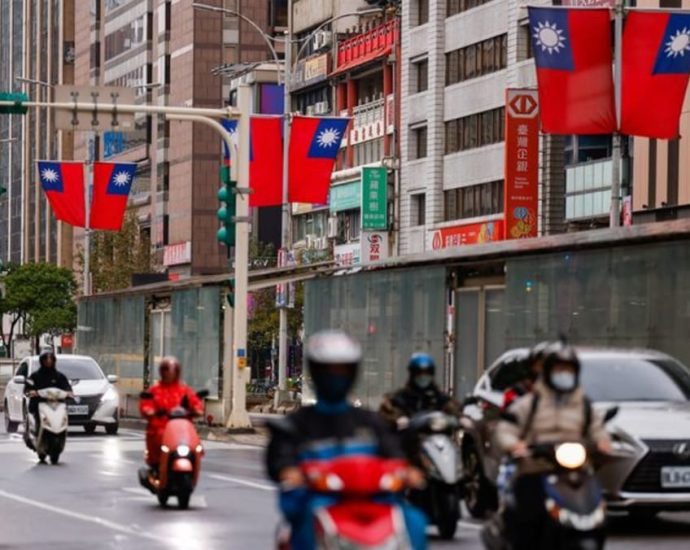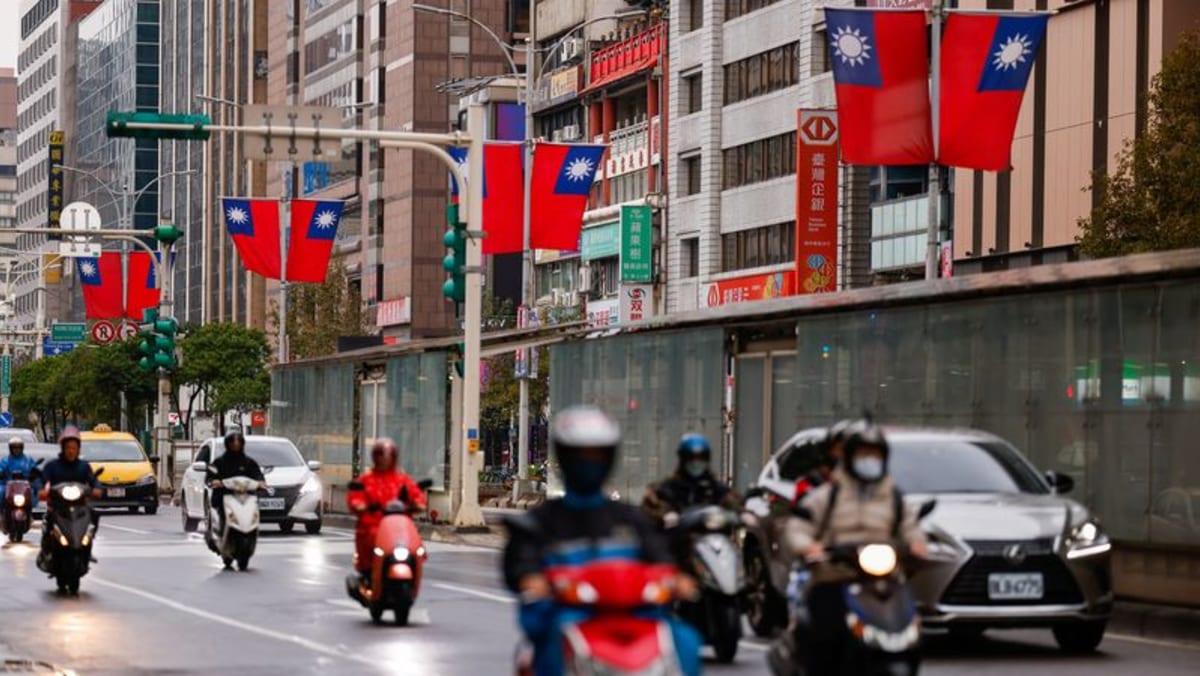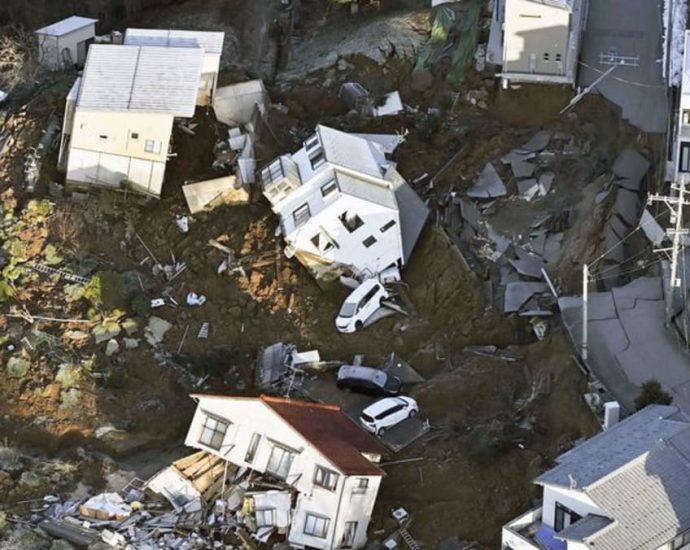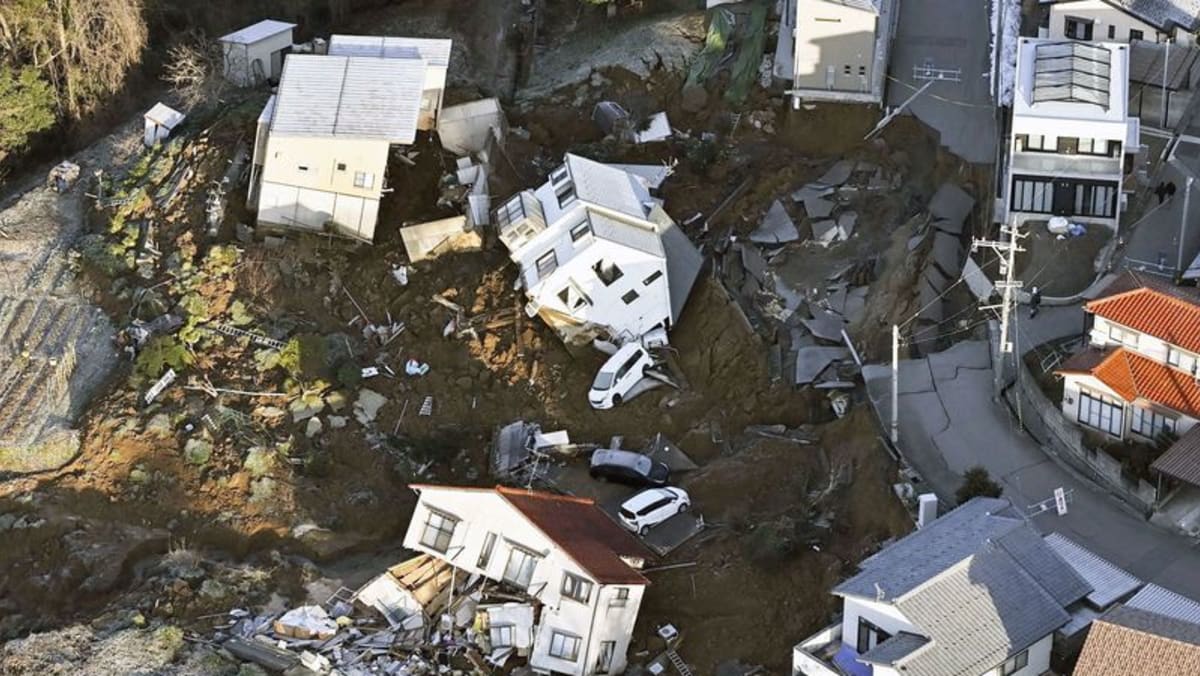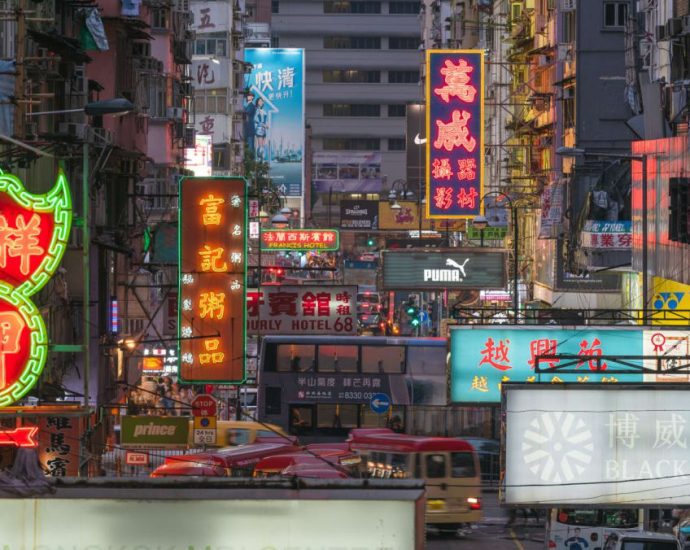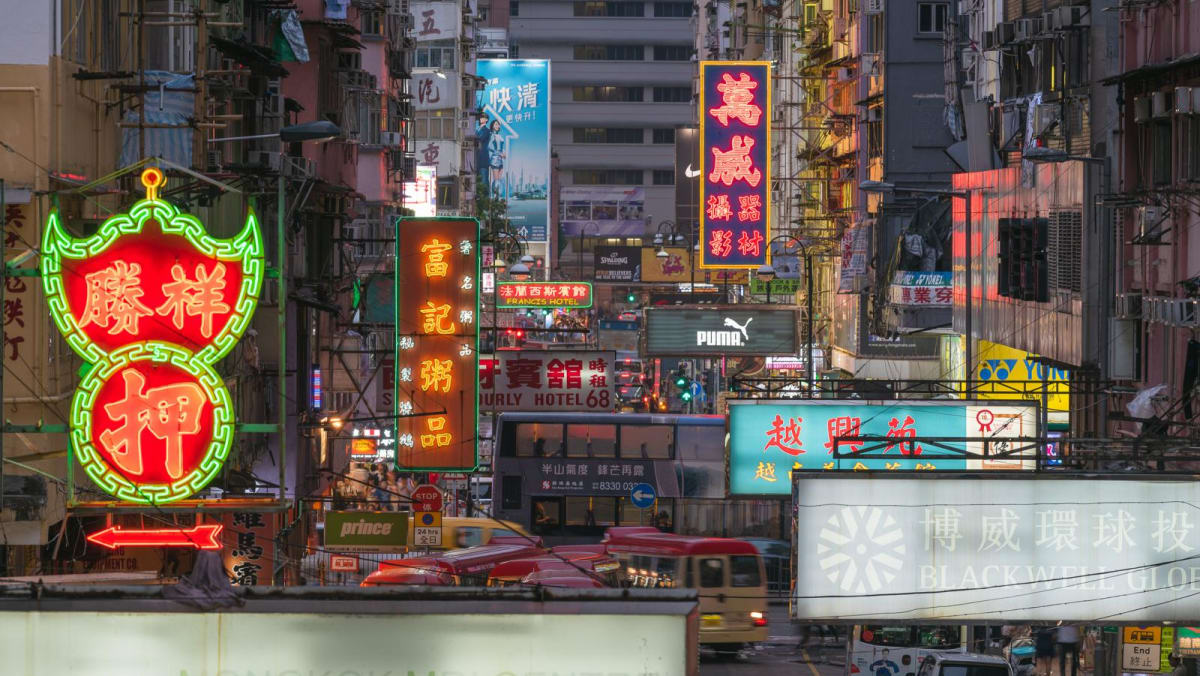Commentary: K-pop without the âKâ just wonât pop
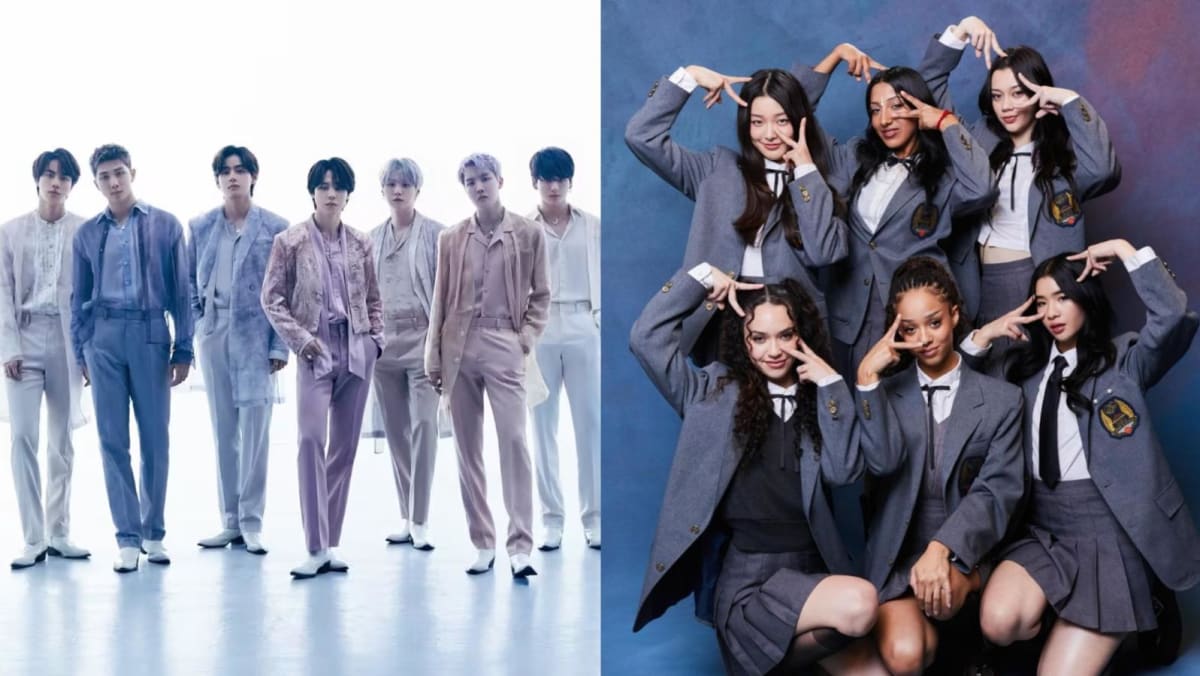
NEW YORK: K-pop is betting that it can reverse its slowing global growth by becoming less Korean. This is a mistake: Without the “K”, the music is plain pop, undistinguishable from – and unable to compete with – the dominant American kind.
There is no question the K-pop wave is waning. Bang Si-hyuk, whose Hybe is behind such acts as BTS and NewJeans, believes the industry is in crisis. South Korean customs data shows that K-pop album exports in 2022 grew just 4.8 per cent to over US$230 million, compared with 62.1 per cent in 2021 and 82.6 per cent in 2020.
This is in no small part because of BTS, far and away the industry’s biggest act, went into hiatus at the end of 2022, to allow the seven band members to fulfil their mandatory military service and pursue solo projects.
At the time, there were fears of a decline in the US market, where BTS accounted for a third of all K-pop sales and streams. The US is K-pop’s second-biggest export market, behind Japan.
But overall album exports in the first half of last year were up a respectable 17 per cent. Jungkook, a BTS member, scored a huge hit with his solo album Golden, and the single Seven garnered a billion streams on Spotify – faster than any song previously.
So Bang’s warnings about a K-pop crisis seem a little premature.


